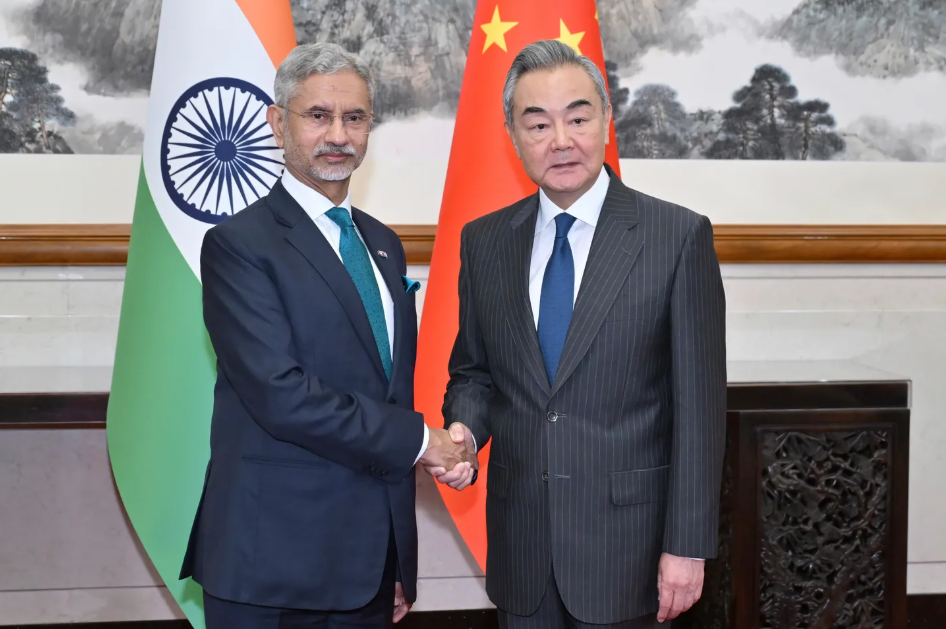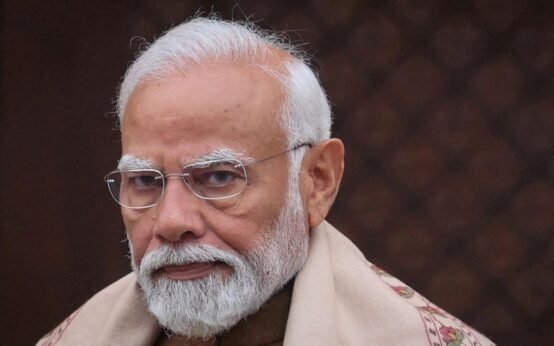Chinese Foreign Minister Wang Yi will visit India on August 18 and 19, 2025, for two days of crucial talks. His main engagement will be with India’s National Security Advisor Ajit Doval, where both leaders will lead the 24th round of Special Representatives talks on the India China boundary question. This meeting carries weight because it comes at a sensitive time when both countries are seeking ways to ease tensions after years of strained relations.
Historical Background of India China Border Disputes
India and China share a 3,488-kilometer-long border, much of which remains undefined. Because of this unclear boundary, soldiers from both countries often come face-to-face, creating the risk of accidental clashes.
The most serious confrontation in recent memory took place in June 2020, when troops from both sides clashed in the Galwan Valley in eastern Ladakh. The clash led to casualties and left relations deeply damaged. After the incident, both India and China increased troop deployment along the Line of Actual Control (LAC), leading to the worst period in bilateral ties in decades.
Since then, numerous rounds of diplomatic and military talks have been held. Some progress was made in October 2024, when both sides agreed to conduct joint patrolling in certain areas of the LAC. This marked the first real confidence-building measure in nearly five years and signaled a cautious willingness to manage differences more responsibly.
Importance of Wang Yi’s Visit Before Modi China Summit
Wang Yi’s trip to India comes just days before Prime Minister Narendra Modi’s visit to China for the Shanghai Cooperation Organisation summit in Tianjin. This will be Modi’s first official trip to China in seven years, making it a critical milestone for India’s foreign policy.

By visiting New Delhi ahead of this summit, Wang Yi is helping to prepare the ground for higher-level political dialogue. If his talks with Ajit Doval succeed, they could set the stage for a more constructive meeting between Modi and Chinese President Xi Jinping. In this sense, Wang Yi’s visit is not only about border management but also about shaping the future direction of bilateral ties.
Signs of Positive Developments in India China Relations
Although relations remain tense, both countries have recently taken small but meaningful steps to restore normal ties. For instance, direct flights between India and China have resumed after years of suspension, signaling an opening for greater people-to-people contact. Similarly, tourist visas are once again being issued, allowing travelers and families to reconnect after long interruptions.
Another significant development has been the reopening of pilgrimage routes, including the Kailash Mansarovar Yatra, which holds deep spiritual significance for Indian pilgrims. These initiatives demonstrate that both nations are gradually trying to normalize engagement in areas beyond security concerns, such as trade, travel, and culture.
Careful Optimism for India China Bilateral Relations
While no one expects immediate breakthroughs, Wang Yi’s visit signals that both India and China recognize the need for continued dialogue. For neighbors as large and influential as these two, silence is not an option. Keeping the channels of communication open is the only way to manage tensions and gradually build back trust.
If this visit helps lay the foundation for more cooperation, it could mark the beginning of a slow but steady improvement in ties. However, progress will require patience, careful diplomacy, and consistent engagement from both sides.


 Shark Tank India Season 5 Returns with New Judges and Exciting Startups
Shark Tank India Season 5 Returns with New Judges and Exciting Startups  India Snubs Mohsin Naqvi During U19 Asia Cup Final Trophy Presentation Against Pakistan
India Snubs Mohsin Naqvi During U19 Asia Cup Final Trophy Presentation Against Pakistan  Does India Need More Than One S Jaishankar? Foreign Minister Draws Hanuman Parallel at Pune Literature Festival
Does India Need More Than One S Jaishankar? Foreign Minister Draws Hanuman Parallel at Pune Literature Festival  India Wary as US Backs Pakistan With F-16 Upgrades and Mineral Projects
India Wary as US Backs Pakistan With F-16 Upgrades and Mineral Projects  HYBE Aims to Turn India Into a Global Music Hub
HYBE Aims to Turn India Into a Global Music Hub  Heated debate as Modi “Macaulay mindset” remarks draw sharp responses in media
Heated debate as Modi “Macaulay mindset” remarks draw sharp responses in media